East Providence supports affordable housing opportunities - by William Fazioli
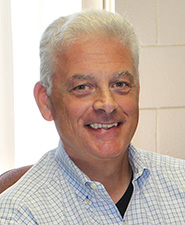
City of
East Providence
As housing prices continue to rise at an accelerating pace with no end in sight, it is more critical than ever to provide an adequate supply of affordable housing opportunities. As the result of the enormous economic disruption due to COVID-19, a growing number of families now face the stark reality of not being able to find adequate housing to meet their basic living needs. If left unaddressed this trend could result in irreversible circumstances which would have devasting long term social consequences.
Access to affordable housing is foundational for any community looking to build a strong, thriving middle class. If families are overburdened by housing costs they will likely neglect food and healthcare costs. The story changes when a community prioritizes access to affordable housing. Affordable housing can create a source of regenerative energy that will strengthen the economic well-being of a community by freeing up family resources to be spent in more beneficial ways. For example, with extra resources, households will be able to spend more money at local businesses. In addition, members of the community may be more likely to start their own business with access to greater capital. Extra savings also make homeownership attainable for community members, an important step towards upward social mobility. Residents may also pursue greater educational attainment with the availability of discretionary income, bringing greater skill and talent to the community.
The question then becomes what strategy a community like East Providence should take to prioritize access to affordable housing amongst its residents. Naturally Occurring Affordable Housing (NOAH) is an affordable housing strategy centered on the preservation of existing, affordable housing for modest-income homeowners and renters. This strategy focuses on preserving current housing units for modest-incomes that are often in danger of either decline or gentrification.
Given these factors, pursuing a strategy of preserving naturally occurring affordable housing is of great importance for East Providence. While focus is often put on the production of new affordable housing, a NOAH strategy offers fewer barriers than new production, making it a more feasible and attractive strategy for the city to meet its affordable housing goals. For example, new affordable housing production is often accompanied with a multitude of regulatory barriers, ranging from infrastructure costs to zoning complexities to opposition from abutting residents. In contrast, directing developer resources towards preserving existing affordable neighborhoods with streets, sewers and sidewalks already in place, the city can save time and money.
One challenge to implementing the NOAH strategy is the limited resources of local government, however, incoming federal legislation could produce market incentives for affordable housing preservation. Bipartisan legislation was introduced in the U.S. Senate on January 29th, 2021 in the form of The Neighborhood Homes Investment Act (NHIA) that would create a new federal tax credit to fuel development and rehabilitation of single-family homes.
By supporting the rehabilitation and maintenance of a meaningful percentage of residential units for affordable housing, East Providence will continue to be a welcoming and inclusive community.
William Fazioli is the director of planning & economic development for the city of East Providence, RI.
Klein and Grant of Marcus & Millichap sell 21,570 s/f industrial warehouse



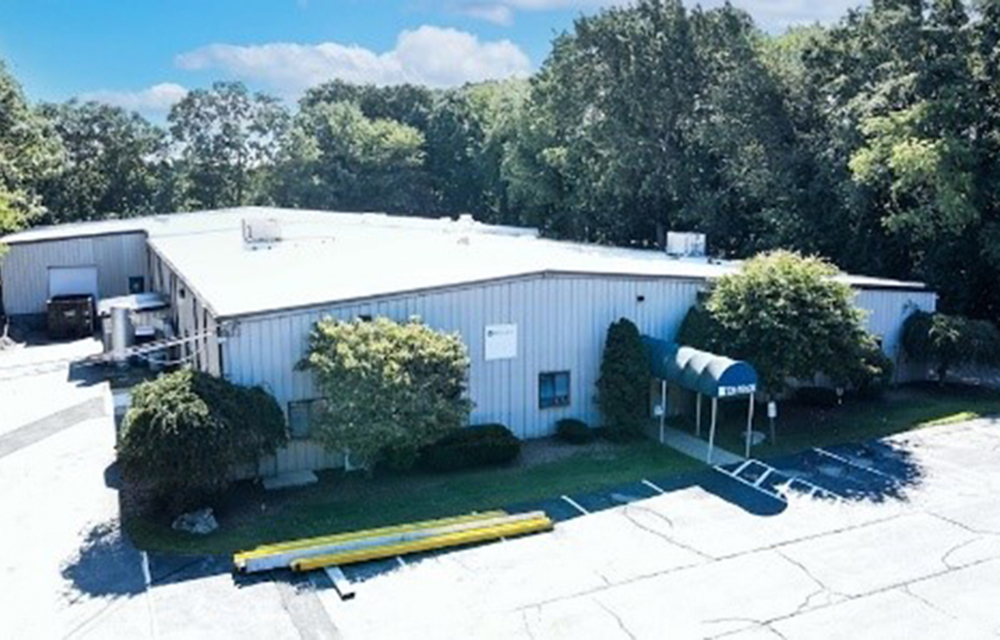
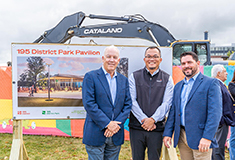
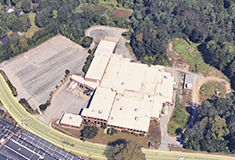
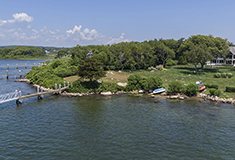
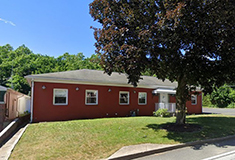
.png)